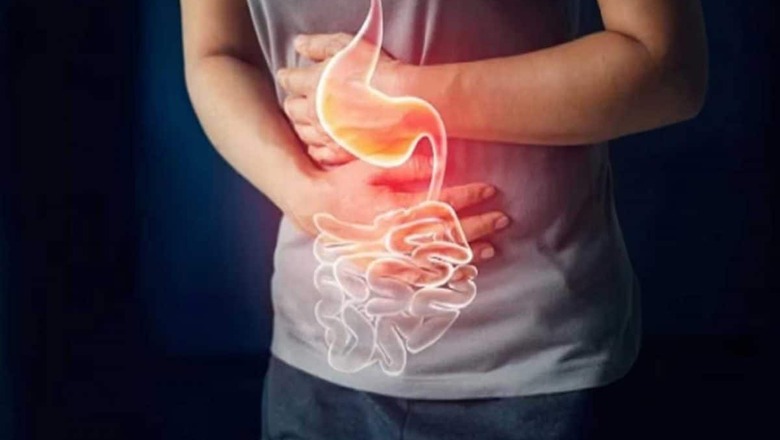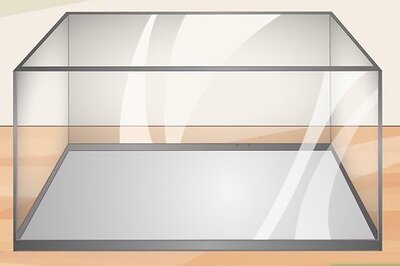
views
Intestinal parasites live inside the human intestine and feed on the host’s body, causing harm and sometimes leading to disease. These include a variety of worms, protozoa, or other microorganisms. They can enter the body through contaminated food, water, or soil. These parasites can cause a range of symptoms, including diarrhoea, abdominal pain, vomiting, weight loss, and anaemia. It is important to understand the signs of these organisms’ presence in the body, find out treatment methods, and take precautionary steps to reduce the risk of parasites in your intestine walls.
Symptoms
Intestinal parasites can remain in the human body for extended periods without any noticeable symptoms. However, when symptoms do occur, they may include abdominal pain, diarrhoea, nausea, vomiting, bloating, dysentery, rash or itching around the rectum or vulva, or tenderness, fatigue, weight loss, and passing a worm in your stool.
Treatment
The best way to deal with intestinal parasites depends on the specific type and severity of the infection. In general, treatment typically involves medication that can effectively kill these organisms. Before starting treatment, your doctor will identify the specific organism causing your intestinal parasite and prescribe the most effective drug accordingly. Depending on your condition, you may require a single dose or need to take medication for multiple weeks. While conventional medicines are often necessary, alternative treatments can also be helpful.
Prevention
In addition to medication, there are several other things that can help manage and prevent intestinal parasites:
- Good hygiene practices: Hand washing (particularly before eating or preparing food) can help prevent the spread of parasites.
- Proper food preparation: Cooking food thoroughly and avoiding eating raw or undercooked meat, fish, or shellfish can help prevent infections.
- Improved sanitation: Ensure that water sources are clean and properly treated and that sewage is properly disposed of. This can help prevent contamination by parasites.
- Regular deworming: In some areas with high rates of parasite infections, it may be recommended to undergo regular deworming treatments to help prevent disease.
- Diet: Ensure you have a diet rich in fibre, Vitamin C, zinc, and probiotics. Avoid simple carbohydrates, and make sure you are hydrated.
If you suspect that you may have an intestinal parasite infection, it’s crucial to see a healthcare provider for a proper diagnosis and treatment plan. Untreated infections can lead to severe complications, and some types of parasites can even be spread to others.
Read all the Latest Lifestyle News here


















Comments
0 comment